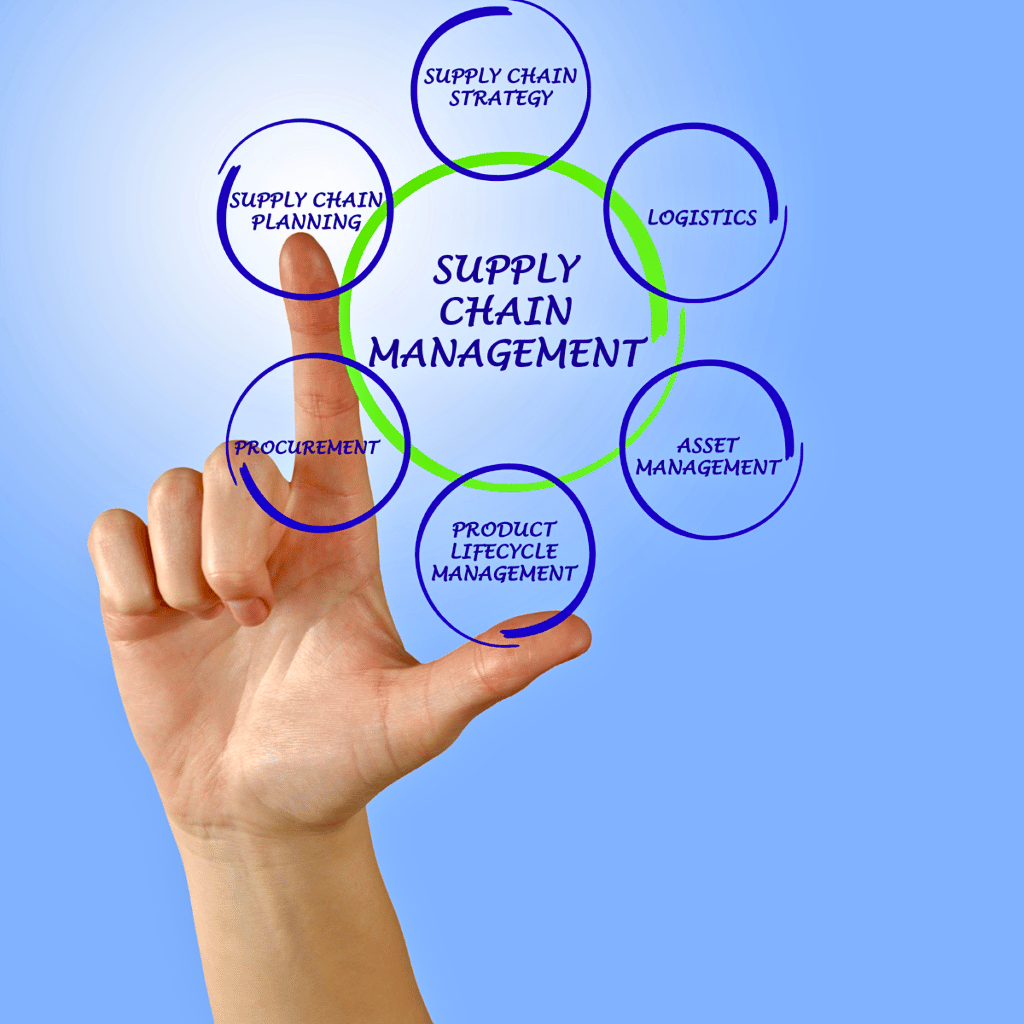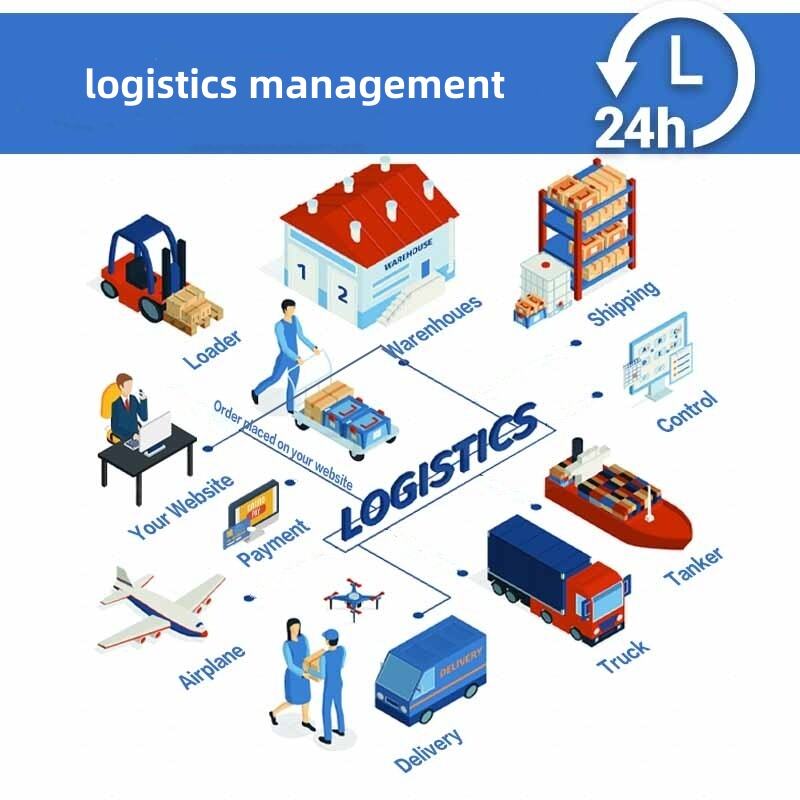essentials of supply chain management
Supply chain management (SCM) represents a comprehensive approach to controlling the flow of goods, services, and information from raw material suppliers to end consumers. This critical business function encompasses planning, sourcing, manufacturing, delivery, and returns management. Modern SCM systems integrate advanced technologies like artificial intelligence, blockchain, and Internet of Things (IoT) sensors to optimize operations and enhance visibility. Key functions include demand forecasting, inventory management, warehouse operations, transportation logistics, and supplier relationship management. Technology plays a pivotal role through enterprise resource planning (ERP) systems, which enable real-time tracking, automated ordering, and predictive analytics. Applications span across industries, from retail and manufacturing to healthcare and agriculture, helping organizations reduce costs, improve efficiency, and maintain competitive advantages. The system coordinates cross-functional teams and multiple stakeholders, ensuring smooth information flow and operational synchronization. SCM also addresses sustainability concerns through green logistics and ethical sourcing practices, making it essential for modern business operations and environmental responsibility.


